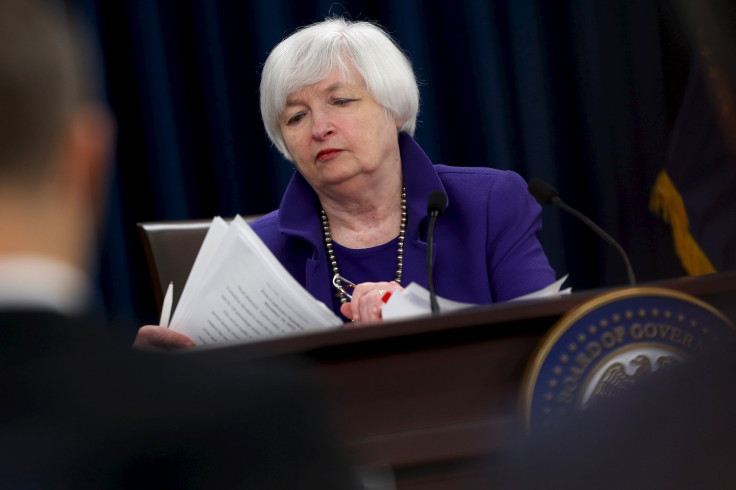Video: 2016, Central Banks Done With Easing?

Bank after central bank eased rates or pumped stimulus into the economy in 2015, more than 40 of them, in a bid to boost growth, fight deflation, or both. The results, though, are questionable, with many investors asking whether 2016 will be the year when ultra-loose monetary policy is seen to reach the limits of its potential. David Pollard reports.
Video Transcript:
Forty banks and more have eased over 12 months - many repeatedly.
This a roll call of honour for those doing battle against a determined enemy: low growth.
Though all the easing in the world hasn't made things that much easier for struggling economies.
SOUNDBITE (English) BILL BLAIN, CAPITAL MARKETS STRATEGIST, MINT PARTNERS, SAYING:
"We're now in a situation where most of the global economies have pretty close to zero interest rates, and we're now discovering that although zero interest rates sound like a good thing, it's not generating growth, it's not creating employment and it's not causing economies to expand.Central banks have to find a way of making themselves relevant."
For Bill Blain of Mint Partners and others in the markets, low-to-no inflation is, it seems, becoming a permanent feature.
Deflation a lurking danger.
Cheap money flooding into the markets has, it's said, been good for corporates enjoying a massive M&A spree.
Or for a fashion of returning cash to shareholders.
But little else.
And, as China slows, the world's other dominant player also has risks.
CMC Markets Jasper Lawler.
"The great white hope is the US, but that's definitely got its problems. The US recovery has been one of the slowest on record, and they are looking at raising interest rates ... And that can hamper of even top off this recovery just as it's getting into gear."
Time perhaps, says Panmure Gordon's Simon French, for the global political elite to be given a reminder.
From an out of fashion textbook
"They have forgotten the lessons of 1930s and what Keynes taught us about fiscal expansion and stimulus, closing the output gap in situations where there's a chronic lack of demand. And given that all the onus has therefore been put on monetary policy, they have to keep it at rock bottom and indeed move into negative interest rate territory," says Simon French, Chief Economist at Pammure Gordon.
2015 - the year of the great rates debate.
The concluding word, for now, going to Janet Yellen.
But it's not over yet.
2016 likely to see this list get even longer.
© Copyright IBTimes 2024. All rights reserved.











